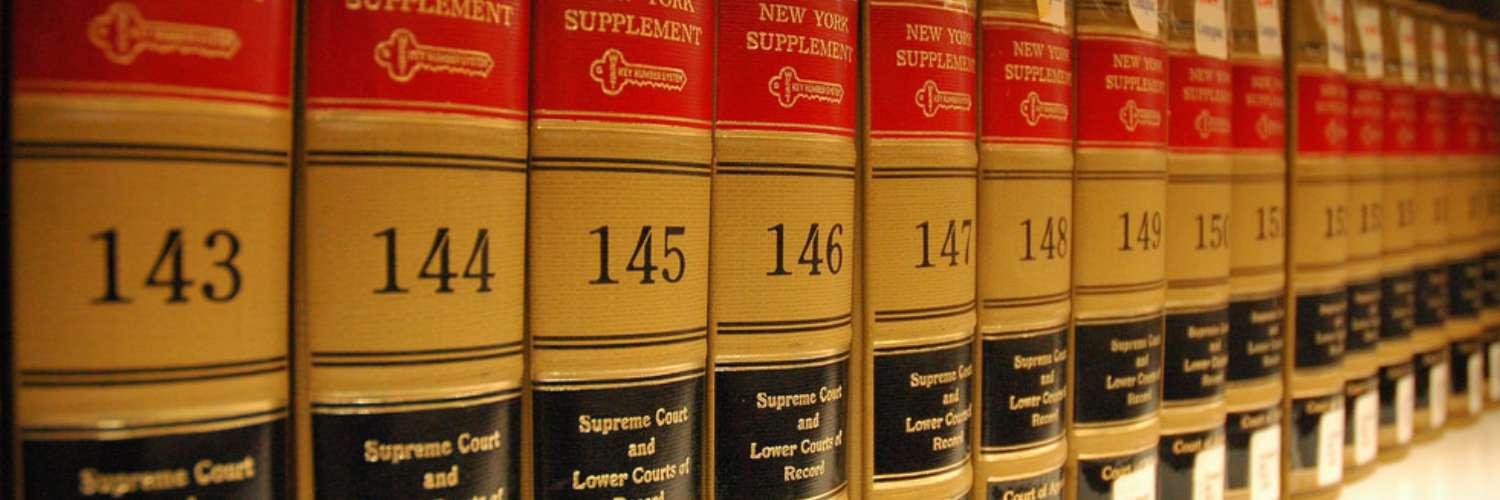Overview:
The procedure of resolving an argument by guiding people to an acceptable solution sans lengthy court proceedings comes under Alternative dispute resolution. Arbitration is a form of Alternate Dispute Resolution (ADR) where an arbitrator acts as a third party and hears the evidence brought by both sides and makes the decision. The decision is legally binding and enforceable by the court unless all parties specify that the arbitration process and decision are non-binding. This process is opted to settle a dispute without the cost and time of going to court. Usually, seeing the intricacies of the current judicial system and the process involved, in settling the disputes, where it may take as long as a decade to reach onto an amicable result, so in this situation, Arbitration serves as a wise remedy.
History:
The Code of Civil Procedure Act 1908:
The First Schedule to this Code contained provisions relating to the law of arbitration which extended to the other parts of India while the Second Schedule dealt with arbitration outside the operation and scope of the 1908 Act.
Arbitration (Convention and Protocol) Act 1937
The primary purpose of this act was to give effect to the Geneva Protocol on arbitration clause 1923.
Arbitration Act of 1940:
This Act purported to be a comprehensive and self- contained code.
Arbitration and Conciliation Act, 1996
The Act is of consolidating and amending in nature and is not exhaustive. It provides for domestic arbitration, international commercial arbitration and also enforcement of the foreign arbitral award.
The object of Law:
It will apply to conciliation of disputes arising out of a legal relationship, whether contractual or not and to all proceeding relating to it.
Arbitration and Conciliation (Amendment) Act, 2015- Key Amendments
Section 2 (e): definition of the court is amended to provide specific provision of part I of the Act.
Section 7: An arbitration agreement in the way of electronic means will also be considered as an arbitration agreement in writing.
Section 8: If the judiciary finds that prima facie no valid arbitration agreement exists; the judicial authority may refer the parties to the arbitration on the action brought by the party to arbitration agreement on the person claiming through or under him. If the party is not having original or certified copy of arbitration agreement or is retained by the other party, the party can make an application to the court to call upon the other party to produce the said documents before the court.
Section 9: The arbitral proceedings shall commence within ninety days from the date of order. Once the arbitration tribunal is constituted, the court shall not entertain an application for interim measures unless it finds circumstances that may render remedy provided under Section 17 ineffective.
Section 11: Appointment of an Arbitrator shall be made by the Supreme Court of India or the High Court instead of a Chief Justice of India or Chief Justice of High Court. The High Court is empowered to frame rules for the determination of fees according to the Fourth Schedule of the Act.
Section 17: The Arbitral Tribunal has all the powers to grant interim measures which the court is empowered to have under Section 9 of the Act. Any order issued by the Tribunal will be deemed to be an order of the court for all purposes and shall be enforceable under the Code of Civil Procedures, 1908.
Section 14: Termination of an arbitrator as well as the substitution of another arbitrator.
Section 25: The right of the respondent to file the statement of defence have been forfeited, if he fails to communicate such a statement within the timeline agreed by the parties or the Tribunal without reasonable cause.
Section 36: Mere filing of an application for setting aside an arbitral would not render that award unenforceable unless the court orders to stay on the operation of the said award on a separate application made for that purpose.
Insertion of new provisions
Section 29A – The Tribunal shall ensure speedy completion of arbitration proceedings within a period of twelve months from the date of reference. However, the parties may extend the time not exceeding six months. If the award is made within six months, the Tribunal is entitled to receive additional fees as parties agree. The mandate of the arbitrator may be terminated if the award is not being made within the term of six months unless the court extends the time.
Section 342(A): It provides an additional ground of patent illegality to challenge an arbitral award other than International Commercial Arbitrations.
Section 34 (5): An application for setting aside of an award is to be filed after issuing a prior notice to the other party.
Section 34(6): one year has been prescribed for disposal of an application for setting aside an arbitral award. The scope of “public policy” in Section 34 has been narrowed, and the award can be set aside only if the arbitral award (i) was induced or affected by fraud or corruption; or (ii) is in contravention with the fundamental policy of India; or (iii) conflicts with the most basic notions of morality or justice.
Conclusion
Despite significant efforts to consolidate the law and make effective changes to the previous legislation for achieving effective alternative disputes resolution, the 1996 Act paved the way for unprecedented litigation on the arbitration process. The process suffered substantial delay. In this background, the 2015 amendment aims to achieve two primary objectives:
- to speed up the arbitration process; and
- To lay down specific guidelines and provisions for the judiciary to stand by while it disposes of applications before it.
This amendment has been brought to the 1996 Act as a positive step towards making the process of arbitration cost-effective, expeditious and a ‘party-friendly’ process.









